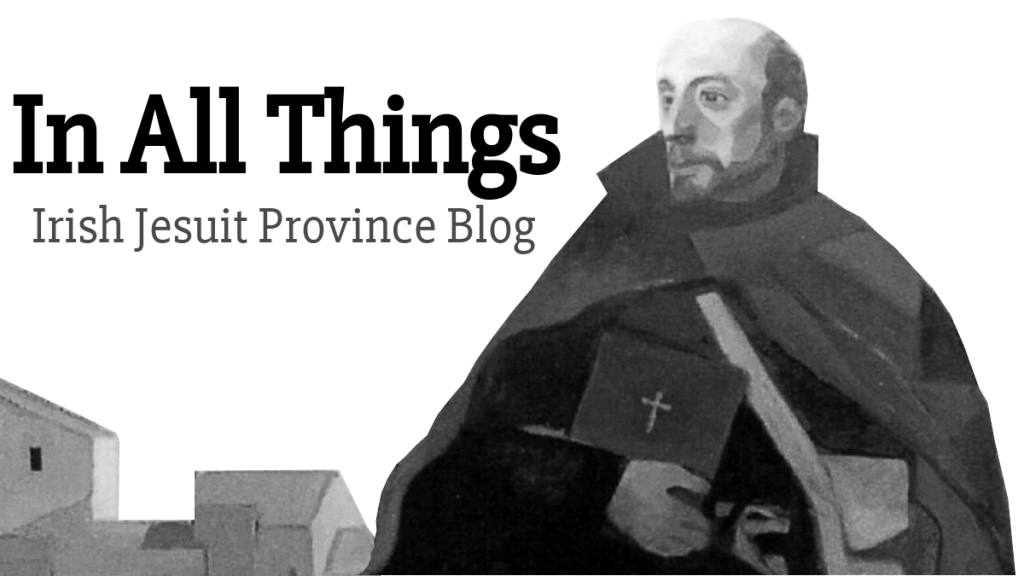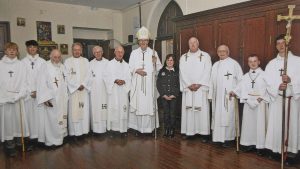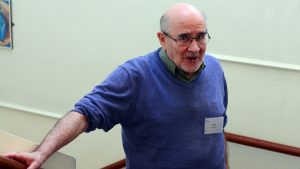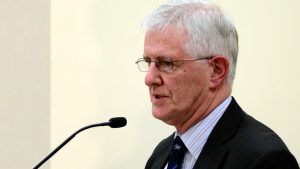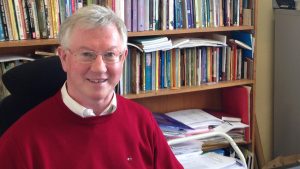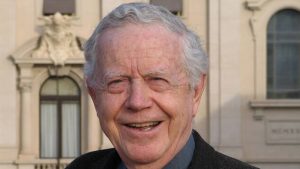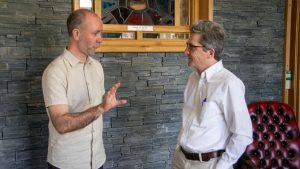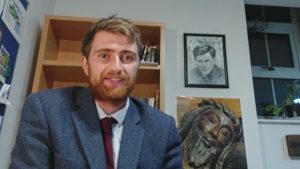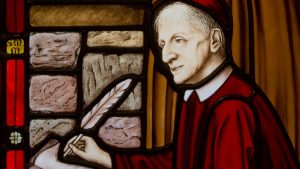St John Henry Newman: Hedgehog and fox
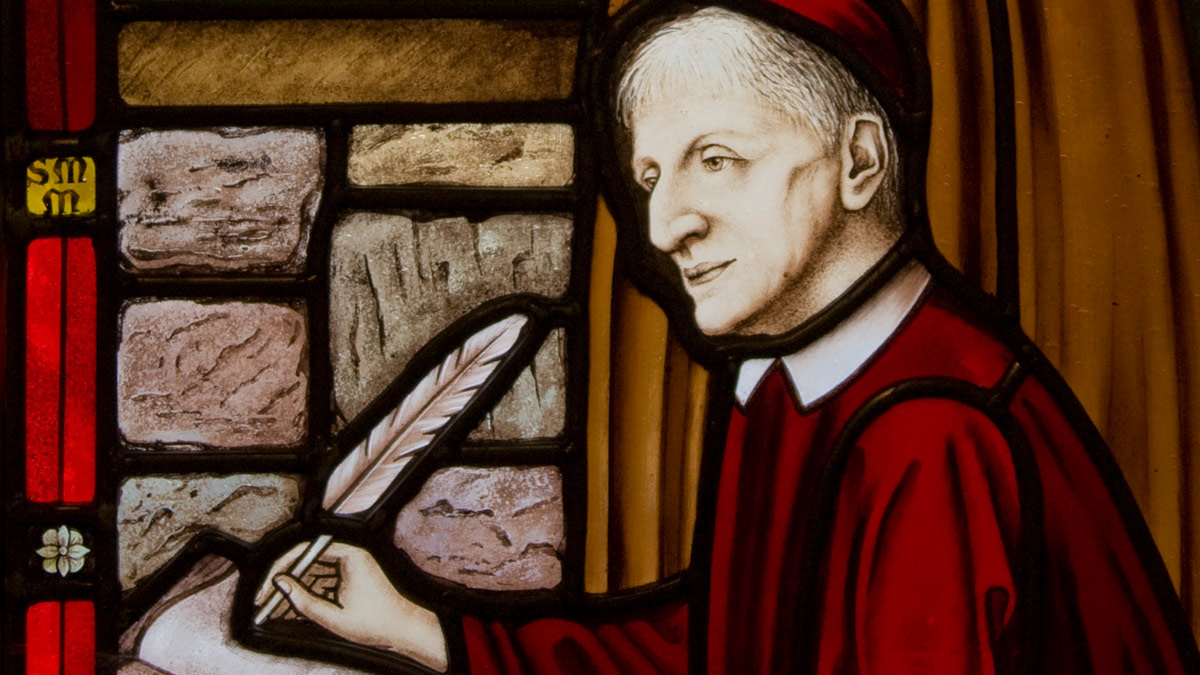
DERMOT ROANTREE [Studies editorial, Summer 2023] :: If we were to play Isaiah Berlin’s game and divide the writers and thinkers of this world into two groups, foxes and hedgehogs (see his The Hedgehog and the Fox: An Essay on Tolstoy’s View of History, 1953), into which group should we put John Henry Newman? For Berlin, of course, this classification, referring to a cryptic ancient Greek fragment – ‘The fox knows many things, but the hedgehog knows one big thing’ – is too simple and shouldn’t be pushed too hard; but it does capture a deep dichotomy in approaches to the world. Some people – hedgehogs such as Plato, Dante, and Hegel – relate all their thoughts and experience to a central vision or organising principle and strive to maintain an integrated sense of reality. Others – foxes like Aristotle, Shakespeare, and Joyce – have no expectation of ever apprehending the great scheme of things and so embrace a vast variety of experiences without trying to fit them into a unitary vision. While everyone has elements of both, Berlin supposed, each person fits more in one group than the other.
So, where would Newman fit in? In a sense, his hedgehog credentials are secure. The unity of truth was axiomatic for him, and he believed that the pursuit of truth in any specific area had to be oriented towards that unity. His insistence on the need for theology in the university was built on this understanding; without it the university curriculum would cease to cohere and would fragment, if not disintegrate. He saw theology as the regulating principle of the whole Church system; and truth, he wrote, ‘is the guiding principle of theology’. This ‘centripetal’ dynamic, to use Berlin’s metaphor, is typical of the hedgehog: specific truths ought not to masquerade as the whole truth; all knowledge must be configured to truth itself.
Yet there is something fox-like in Newman too, and ironically it is sustained precisely by his unitary vision of truth. He did not suffer the ‘metaphysical’ anxiety that Berlin presumed goes with being a hedgehog; in fact, it was his conviction that all truths converge that made him unafraid of the discoveries of the natural sciences, willing to immerse himself in histories that challenged his own understanding of providence, and content to learn about the philosophical and theological traditions that ran against his own. He was an empiricist at heart, not a metaphysician. ‘We are in a world of facts,’ he wrote in the Grammar of Assent (Ch. 9, sect. 1), ‘and we use them; for there is nothing else to use. We do not quarrel with them, but we take them as they are, and avail ourselves of what they can do for us’. And this fearless realism showed in another critically important apprehension, one that dominated the course of his life and became the linchpin of his philosophy of mind: it is that in all his enquiries he had nowhere to start other than with himself. ‘I am what I am, or I am nothing,’ he asserted, again in the Grammar (Ch. 9, sect. 1):
I cannot think, reflect, or judge about my being, without starting from the very point which I aim at concluding. My ideas are all assumptions, and I am ever moving in a circle. I cannot avoid being sufficient for myself, for I cannot make myself anything else, and to change me is to destroy me. If I do not use myself, I have no other self to use.
This he was happy to call ‘egotism’ – which, he said, in provinces of inquiry such as religion, philosophy and theology, is ‘true modesty’ (Grammar, Ch. 10, Introduction):
In religious inquiry each of us can speak only for himself, and for himself he has a right to speak. His own experiences are enough for himself, but he cannot speak for others: he cannot lay down the law; he can only bring his own experiences to the common stock of psychological facts.
What we have in Newman, then, is a conception of the unity of knowledge, but also a firm conviction that a student’s growth in understanding is of necessity radically limited by their subjectivity. Which means, if the work of a university is to come to anything, two things are required. In the first place, the students must recognise both the objective and the subjective limits of studying any one discipline. And secondly, what Hans Georg Gadamer has termed a fusion of horizons of understanding is needed – students from many disciplines brought together so that their minds are shaped and tempered by interchange and collision with other minds, such that each of them is left with ‘a consciousness of mental enlargement’; ‘he does not stand where he did, he has a new centre, and a range of thoughts to which he was before a stranger’ (Idea of a University, Discourse VI, Pt. 4).
This was what Newman meant by the ‘idea’ of a university – a living principle embodied in a community, sustained by a tradition, and holding many strands of learning together into an integrated whole. It may well be a far cry from the research universities of today, with their stress on specialisation, attracting funding, and incubating business ventures, all under an increasingly managerialist leadership, but that does not make it irrelevant. There is much to be gained by calling contemporary values into question and asking if some of the deficiencies in the political, social, and moral order of our culture may not be ascribable to the failure of universities to foment a broader and more integrated sense of knowledge.


